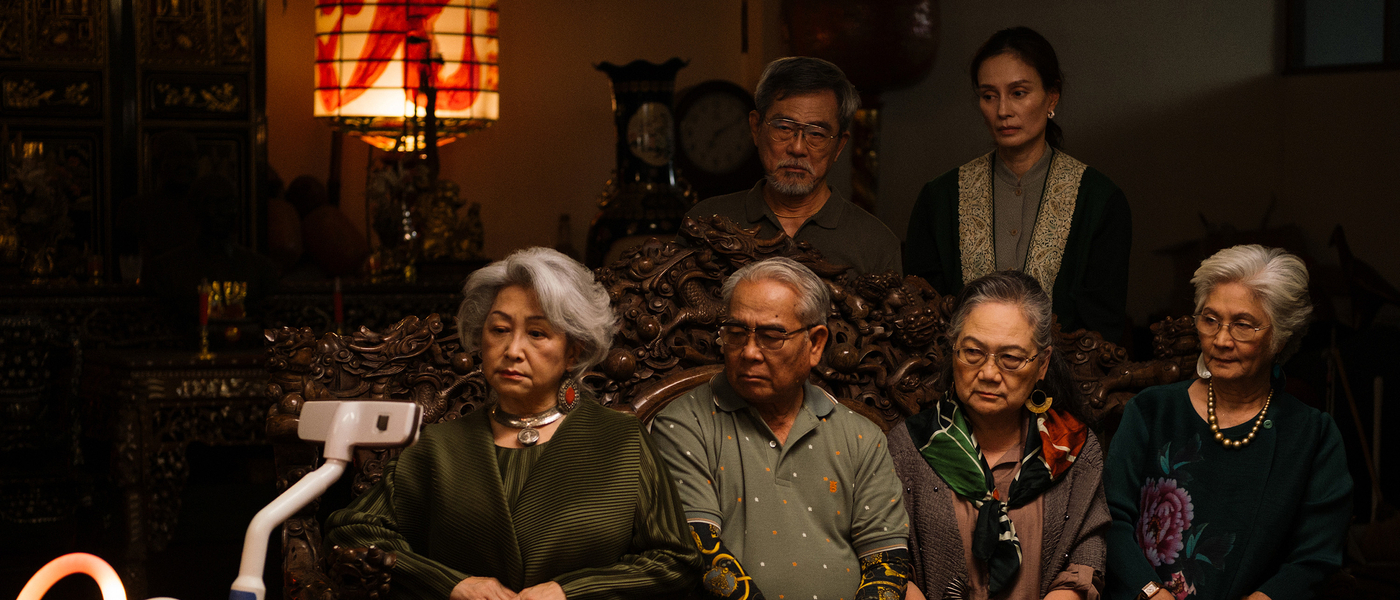Interview with Ratchapoom Boonbunchachoke, A Useful Ghost director
by Olivier Pélisson

by Olivier Pélisson
With his first bold and free-spirited debut feature, Ratchapoom Boonbunchachoke adds a precious gem to the vibrant landscape of contemporary Southeast Asian cinema. This adventure is a delightful blend of genres driven by ardent belief in the art of filmmaking. A spellbinding tale of ghosts and love where fantasy, fairy tale, romance, comedy, horror, politics, social commentary, and queer themes intertwine.
Ratchapoom Boonbunchachoke’s interview
Like other filmmakers, I put my diverse interests into my first film. My approach has always been to blend and juxtapose big and small, serious and silly, collective history and personal matter, composed and campy in my work. During pre-production, when communicating with department heads, I consistently used the phrases "elegant perverse" and "perverted elegance" to describe my vision. I wanted something that appeared refined and elegant on the surface, yet concealed something playful and subversive underneath. What captivates me is the unexpected: films that tackle serious topics with playfulness, or approach light subjects with depth and sophistication.
Working with actors is both intriguing and terrifying for me! I'm fascinated by the acting process and how actors do their jobs internally. Yet I often worry about communicating effectively—about clearly conveying what I envision. Before shooting, I imagined a film set in a world where characters follow a specific grammar and convention independent from reality. Apart from the visual composition and production design, the actors' physical presence is integral in creating this unique world of poetry. During the pre-production, I needed extensive preparation before discussing with the actors. Some actors felt confounded with my direction as they were trained in and/or used to other schools. But after discussion and some references, we were able to be on the same page.
As someone raised in Thai culture, I identify myself as a Thai filmmaker, and I believe Thai audiences would understand my work most deeply. While Thailand has a rich history of commercial cinema, independent cinema only emerged as a concept in the very late 20th century. My work likely follows the path established by the independent Thai cinema movement of the early 2000s. I see my work as connected to both traditional Thai melodrama with its explosive, excessive dialogues, and to a still-unnamed movement sometimes called fantastic realism or fabulism. My greatest influences include the cinema of Jacques Rivette, Manoel de Oliveira, João César Monteiro, Eugène Green, Raoul Ruiz, Otar Iosseliani, Werner Schroeter and Marco Ferreri.